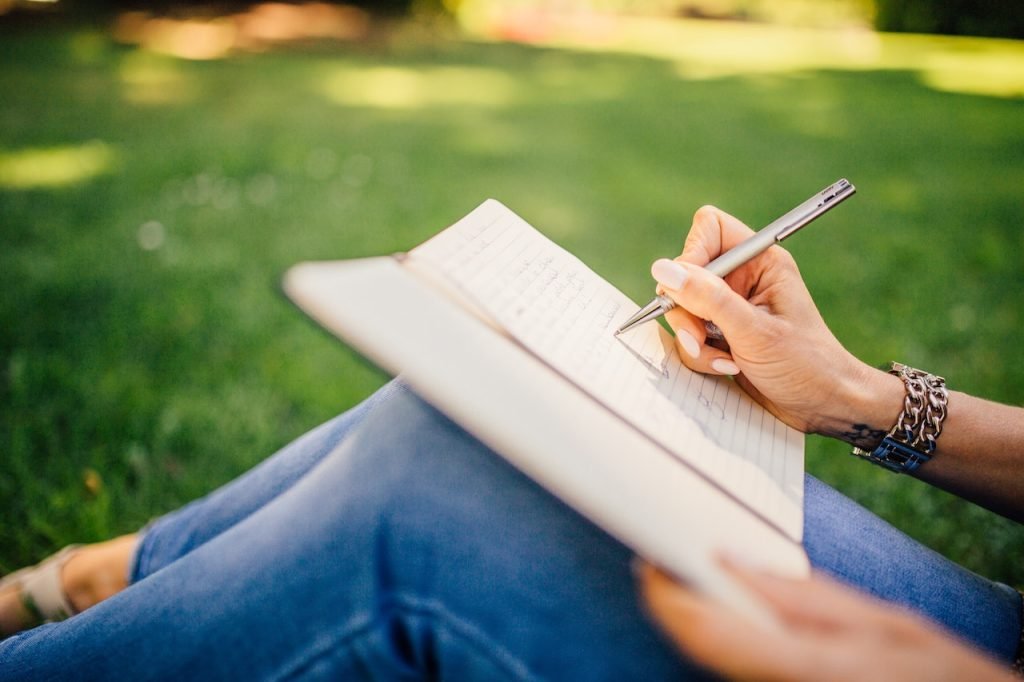Photo by Negative Space:
Anxiety can range from mild to severe. The condition can make coping with typical day-to-day activities and obligations hard. While adult and child anxiety medication over the counter can help treat mild to moderate forms of anxiety, people with the condition must take mental health steps to help control their symptoms.
Recognizing anxiety triggers is an excellent way to combat severe attacks. If you can take note of your triggers, you can develop coping strategies to alleviate symptoms as they arise, such as deep breathing exercises. You can use five tools to help you identify and cope with anxiety triggers.
1. Observe Behavior Patterns
Does your anxiety seem to follow any pattern? For example, do you find yourself getting worked up before going to the office or lunch with friends? If you can identify patterns that seem to cause or encourage anxious behavior, you can begin to build strategies to maintain calm.
If you find that heading to the office makes you nervous, determine whether the commute to the job triggers your anxiety. If the commute is the issue because you don’t like fighting heavy morning traffic, consider finding alternative ways to get to the office. For example, you can take the bus or the subway. By allowing someone else to handle the driving, you can focus your energy on things that help you maintain calm, like listening to music or reading.
2. Begin Open Communication
Sometimes, trying to diagnose your triggers is challenging. People often have difficulty analyzing their behavior. You can invite friends or family members to help you by openly discussing your anxiety.
Talk to loved ones about how your anxiety interferes with your life, and ask them if they have noticed when you might become more tense or quiet. Some family members may push for medications or OTC remedies, leading to questions like “Does Brillia work for ADHD and anxiety?” Remember taking any medicine, supplement, or remedy is a personal choice, and you should consult a doctor first.
3. Write in a Journal
Journaling is one of the best tools available for self-assessment and reflection. While the process can feel awkward initially, if you commit to it, you will likely find tremendous benefits.
Journaling removes you from the immediate experience of an anxiety attack or stressful event, allowing you to analyze your actions and consider your emotions. The analysis can help you define triggers and plan coping strategies for future situations.
4. Be Honest With Yourself
Primarily, when trying to identify anxiety triggers, honesty is essential. You must be brave enough to understand and acknowledge what you’re afraid of or what you try to avoid. While natural remedies for anxiety in teenage girl or an adult female can help reduce symptoms, only self-awareness will help you mitigate attacks.
Regardless of the severity of your anxiety, a professional therapist can help you identify your triggers and define coping strategies. For further help, contact a local therapist or talk to a pharmacist about OTC treatments. Also, remember that self-care is crucial to managing the condition.











